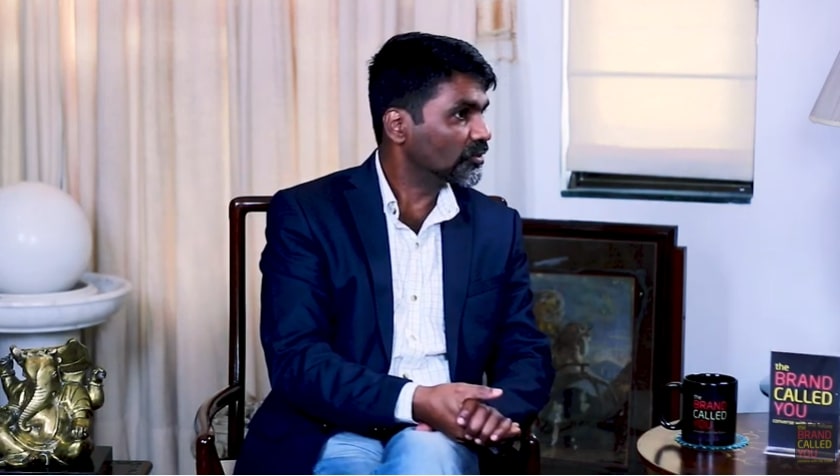Podcast: Play in new window | Download
Follow TBCY RSS
Career Launcher is the undisputed pioneer in the learning field, making it possible for people to achieve their dreams using the right preparation.
Chairman and Executive Director, Satya Narayanan is the key driving force behind the company’s unparalleled success. He tells us how his company would be redundant if opportunities were democratized and students were made the main focus of institutes.
“If schools were to define their raison d’etre as the child, something like Career Launcher has no place in the world.”
Satya Narayanan has an illustrious educational background himself, coming from St. Stephen’s and IIM Bangalore. A South-Indian who spent most of his life in North India, Satya speaks Sanskrit at home and even writes Urdu poetry.
What Career Launcher does
“I think it’s a very simple business. The focus of Career Launcher is the youngster, the student and who wants to go about conjuring up a dream and finding ways and means and guidance to go and get to that goal, which is as simple as that. In a very operational sense, it translates in India to get to a higher education institution. It could be getting to an IIM or an IIT or a law school or take any CET or a GRE for admissions. So that that’s the core around which the business got built. The core purpose of C.L. is defined as to enable a youngster to realize his dream and make it come true.”
However, Career Launcher does not only coach young people. They also help people upskill – ranging from management personnel to CXOs. Managing this demographic spanning from 14-60 years, with so many different specializations has not been easy. Satya credits his competent team for it. He understands the value of building relationships in business.
“We have a thousand member organization. We’re there in about 450 locations physically. And just as a matter of making a point, about six or seven of my own batch mates from IIM Bangalore, they all work with me. They’ve joined from quite different points in time. So we are a reasonably large team now and a very, very robust team which is hugely invested in technology.”
On improving the education system
Satya thinks that there needs to be better clarity that the focus must be on the student. He believes that once institutions have that clarity, it will solve a lot of issues that students face. For instance, he questions “Why should a particular day or date be sacrosanct in a year? Why can I not choose the day I want to pick an IIT-JEE or a CAT or a GRE, at my choice? Why can I not overwrite if I have a bad day, why can I not cancel the score and take a retest? A very simple thing that in this age and day, this technology can be done.”
He realizes that building institutions endlessly may not help, since it is difficult to rid the population of their aspirations to be better than the others. He thinks the competition will persist, especially in a country like India where education is sometimes the only escape from a middle-class life. However, he believes that test formats could change.
“IIT, for instance, even today tests very deep level physics, chemistry and maths, and it’s not needed. You need scientific temperament, you need scientific aptitude for it. Which means you can reduce the depth or intensity of the topics that you’re choosing. It can have a greater consonance with the class 12th exam that the child is taking. You can choose the better ones because of the paucity of seats.”
He strongly asserts that there need to be policy level changes. “Policymakers should say that I want to let everybody have access to preparation and then help them do it and democratize the time, the place, the way in which I want to take the exam.”
His take on failure
Satya truly feels that every step forward in life enriches us. He says that people have two bank accounts – one called ‘confidence’ and the other ‘learning agenda’.
“So when you confront an experience which the world might target as success, your confidence goes up. But it’s still only an experience. The success or a failure is a tag. You try something. It worked better than not. You call it a success, but your confidence goes up. If the same experience were to result in not so favorable outcome. Forget the tag failure. It leads to introspection and it leads to learning agenda going up. My second bank account called learning agenda goes up.”
Thus, a person has nothing to lose by trying. He does however, stress on the importance of giving it your all, putting in all you’ve got.


